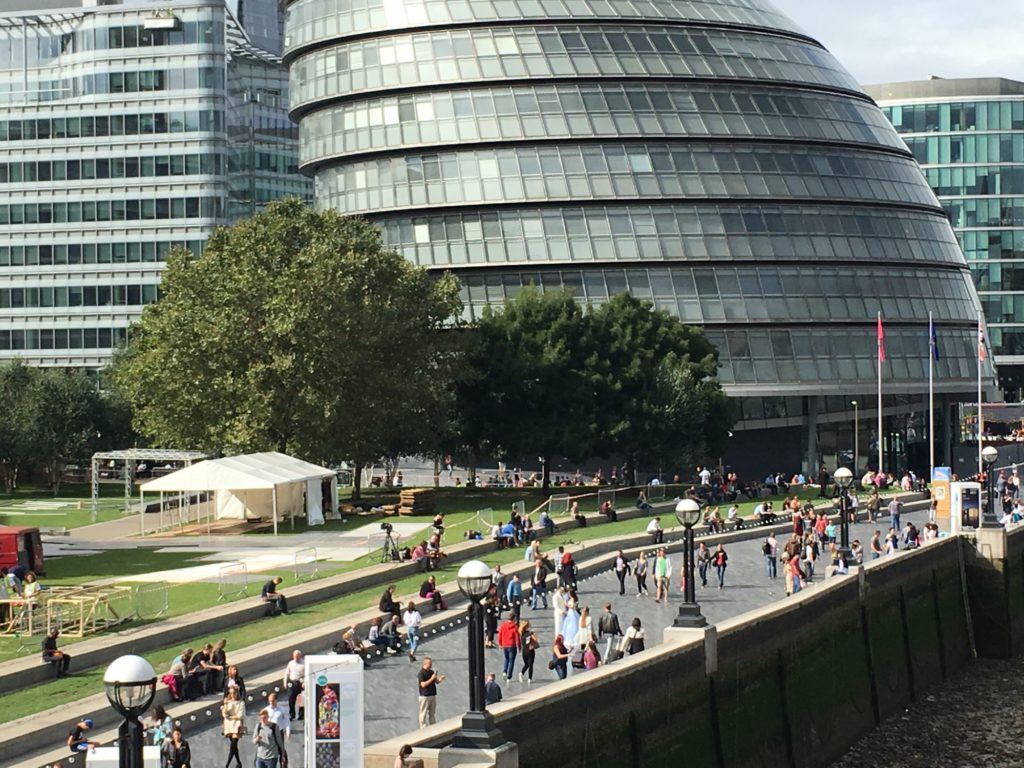Conservative Home has broken news that the campaign to become the party’s candidate for the next London Mayor election, due in 2020, will take place over the summer, followed by a selection vote in September. That means the Tory hopeful will be in place considerably earlier than for the 2016 race, which resulted in Zac Goldsmith being chosen and then falling to a heavy defeat after a disastrous and disreputable campaign. Conservative Home approves of the new arrangements:
It makes good campaigning sense to select a mayoral candidate now (or even before). Having that candidate in place will offer the grassroots, the media and the voters a clear focal point for the campaign to unseat Sadiq Khan in 2020, and the longer run-up means the selection contest doesn’t have to simply be based on each candidate’s pre-existing profile. Whoever wins the nomination, they will have time to develop their platform and to communicate their message about their plans for the mayoralty.
Who might the Tory candidate turn out to be and what might he or she decide to offer Londoners? Neither question has an obvious answer. Various names have been floated in the media, including Putney MP and former cabinet minister Justine Greening, former London Assembly Member member James Cleverly (now MP for Braintree and an energetic party deputy chairman), current AM Shaun Bailey, London MEP Syed Kamall (who sought the nomination last time) and even former chancellor turned Evening Standard editor George Osborne.
I’ve no idea which of these might fancy the job. But of those listed, Greening and Cleverly strike me at first glance as the most likely to improve their party’s standing in London, even if they don’t win City Hall. Both are experienced politicians and capable campaigners with good London credentials who would catch the eye of voters simply by not outwardly conforming to the stereotype of typical Tories.
Appearances might not be everything, but a change of appearance after 2016 and a contrast in tone with the subliminally anti-London attitudes of Theresa May’s government – assuming it still exists in 2020 – surely would not hurt the cause. Greening (though not Cleverly) is a Remainer, which of itself aligns her with most Londoners and cuts a clear contrast with her party nationally, which could also be an electoral asset in this town.
Another name that has come up, not in the media (until now) but in well-connected conversation, is that of Amber Rudd, who recently resigned as home secretary over the Windrush scandal. The cause of her demise hardly serves as a recommendation in such a profoundly multi-ethnic city, and Rudd isn’t even a London MP. But I gather that at least one current Conservative AM would like her to stand. It feels unlikely, but we shall see.
Then there’s the small matter of policy. On London hopes to publish some Conservative views on that quite soon. In the meantime, readers can consider the attempt of Tory AM Tony Devenish to, in his words, “nudge the debate back to the consumer-led politics of Margaret Thatcher”. Could such an approach help stem the succession of Tory reverses in London?
The fact that the Conservatives did less poorly than some predicted in the borough elections and a recent fall in approval ratings for Mayor Khan – albeit to a still pretty commanding 52 per cent who think he’s doing well compared with 30 per cent who don’t – have reportedly cheered London’s Tories up a bit. They face an uphill struggle in Labour-dominated London, but even a return to respectability over the next couple of years would be something of a victory.

